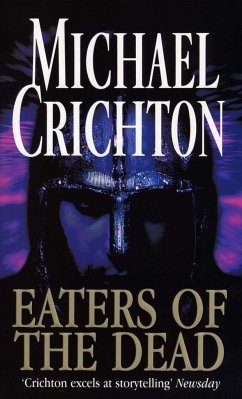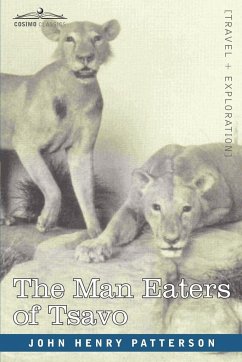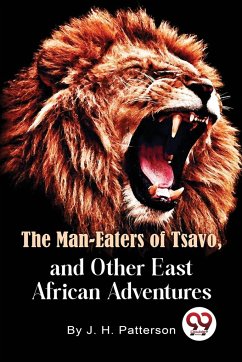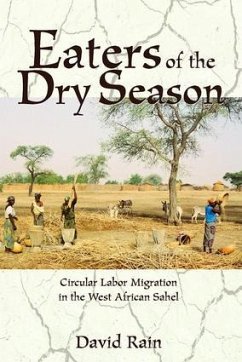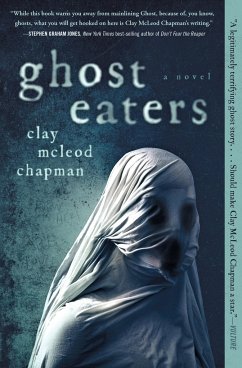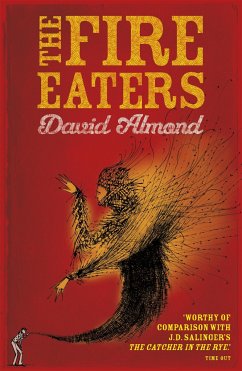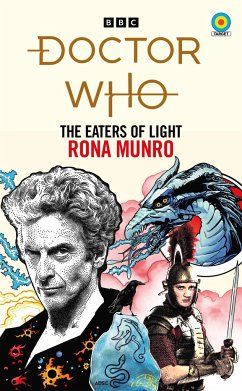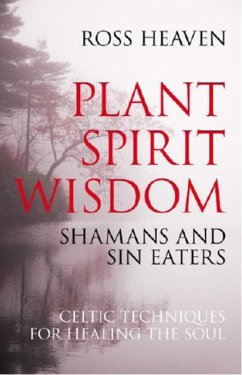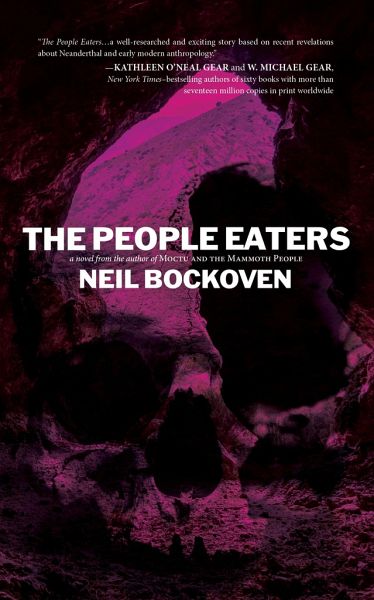
The People Eaters
Versandkostenfrei!
Versandfertig in über 4 Wochen
19,99 €
inkl. MwSt.
Weitere Ausgaben:

PAYBACK Punkte
10 °P sammeln!
The second in the Earth Peoples series, following the widely-acclaimed Moctu and the Mammoth People, a story of love, life, and survival in Ice Age Europe. The People Eaters continues the saga, starting explosively as four separate tribes—two Neanderthal and two Homo sapiens—are in great turmoil. While Moctu, Nuri, and Nindai of the Nerean tribe (Homo sapiens) are visiting their friends and picking up Moctu’s hybrid baby, Elka, at the Krog (Neanderthal) shelter, the feared, warlike and cannibalistic Shiv (Neanderthals) attack. Over the next long struggle, Moctu, Nuri, and the Nereans all...
The second in the Earth Peoples series, following the widely-acclaimed Moctu and the Mammoth People, a story of love, life, and survival in Ice Age Europe. The People Eaters continues the saga, starting explosively as four separate tribes—two Neanderthal and two Homo sapiens—are in great turmoil. While Moctu, Nuri, and Nindai of the Nerean tribe (Homo sapiens) are visiting their friends and picking up Moctu’s hybrid baby, Elka, at the Krog (Neanderthal) shelter, the feared, warlike and cannibalistic Shiv (Neanderthals) attack. Over the next long struggle, Moctu, Nuri, and the Nereans all learn much about themselves, their friends, and their enemies.





